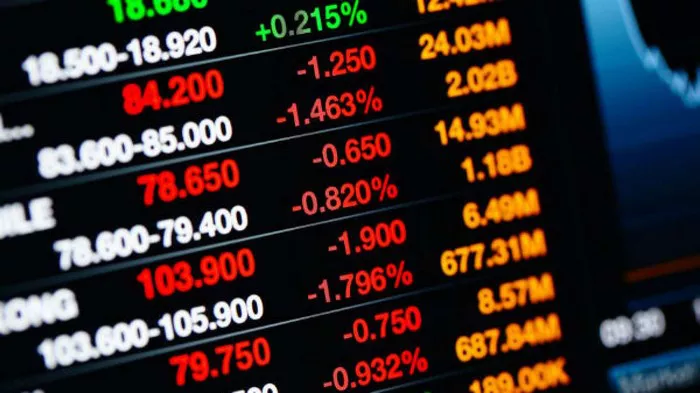The S&P 500 futures contract is a popular derivative instrument that allows investors to speculate on the future direction of the S&P 500 Index. As an investor or trader interested in S&P futures, it is crucial to understand the trading hours and the specific closing time of these futures contracts. In this article, we will explore the trading hours of S&P futures and shed light on when S&P futures close.
What are S&P Futures?
-
Introduction to S&P 500 Index
The S&P 500 Index is a widely followed benchmark index that measures the performance of 500 large-cap U.S. companies across various sectors. It serves as a gauge of the overall health of the U.S. stock market and is considered a leading indicator of the country’s economic performance.
-
S&P 500 Futures Contract
S&P 500 futures are financial contracts that allow traders and investors to speculate on the future value of the S&P 500 Index. These futures contracts represent an agreement to buy or sell the S&P 500 Index at a predetermined price and future date.
Trading Hours of S&P Futures
S&P futures have specific trading hours that determine when the contracts are actively traded. The trading hours can vary depending on the futures exchange on which the contracts are listed. The primary exchange for trading S&P 500 futures is the Chicago Mercantile Exchange (CME). Here are the general trading hours for S&P 500 futures on the CME:
-
Regular Trading Hours (RTH)
The regular trading hours for S&P 500 futures on the CME typically run from Sunday to Friday, with a break in trading each day.
- Sunday: Trading begins at 5:00 p.m. Eastern Time (ET) and continues until 6:00 p.m. ET.
- Monday to Thursday: Trading resumes at 6:00 p.m. ET and continues until 5:00 p.m. ET the following day.
- Friday: Trading starts at 6:00 p.m. ET and closes at 5:00 p.m. ET.
-
Extended Trading Hours (ETH)
In addition to regular trading hours, S&P 500 futures also have extended trading hours during which trading activity can take place. These extended trading hours are divided into two sessions: the pre-market session and the after-market session.
- Pre-Market Session: The pre-market session for S&P 500 futures on the CME begins at 6:00 p.m. ET on Sunday and continues until 9:30 a.m. ET on Monday.
- After-Market Session: The after-market session starts at 4:30 p.m. ET from Monday to Thursday and ends at 5:00 p.m. ET.
It’s important to note that trading hours may be subject to change, especially during holidays or periods of exceptional market conditions. Traders should refer to the official trading schedule provided by the futures exchange for the most up-to-date information on S&P 500 futures trading hours.
When Do S&P Futures Close?
The closing time of S&P 500 futures depends on the trading session in which the contracts are being traded. Here’s a breakdown of the closing times for S&P 500 futures on the CME:
- Regular Trading Hours (RTH) Closing: The regular trading hours for S&P 500 futures close at 5:00 p.m. Eastern Time (ET) from Monday to Thursday. On Fridays, the regular trading hours closing time is also 5:00 p.m. ET.
- Pre-Market Session Closing: The pre-market session for S&P 500 futures closes at 9:30 a.m. ET on Monday.
- After-Market Session Closing: The after-market session for S&P 500 futures concludes at 5:00 p.m. ET from Monday to Thursday.
It’s important to remember that even though S&P 500 futures close at specific times, trading in the underlying S&P 500 Index itself may continue beyond the futures market closing time. The closing price of the S&P 500 Index is typically determined by the official closing prices of the individual stocks that make up the index.
Conclusion
S&P 500 futures offer investors and traders the opportunity to speculate on the future direction of the S&P 500 Index. Understanding the trading hours and closing times of S&P futures is crucial for effectively participating in this market. While S&P futures follow specific trading hours, it’s essential to stay updated with any changes in trading schedules, especially during holidays or exceptional market conditions. Traders should refer to the official trading schedule provided by the futures exchange and consider the closing times within the context of their trading strategies and objectives.

